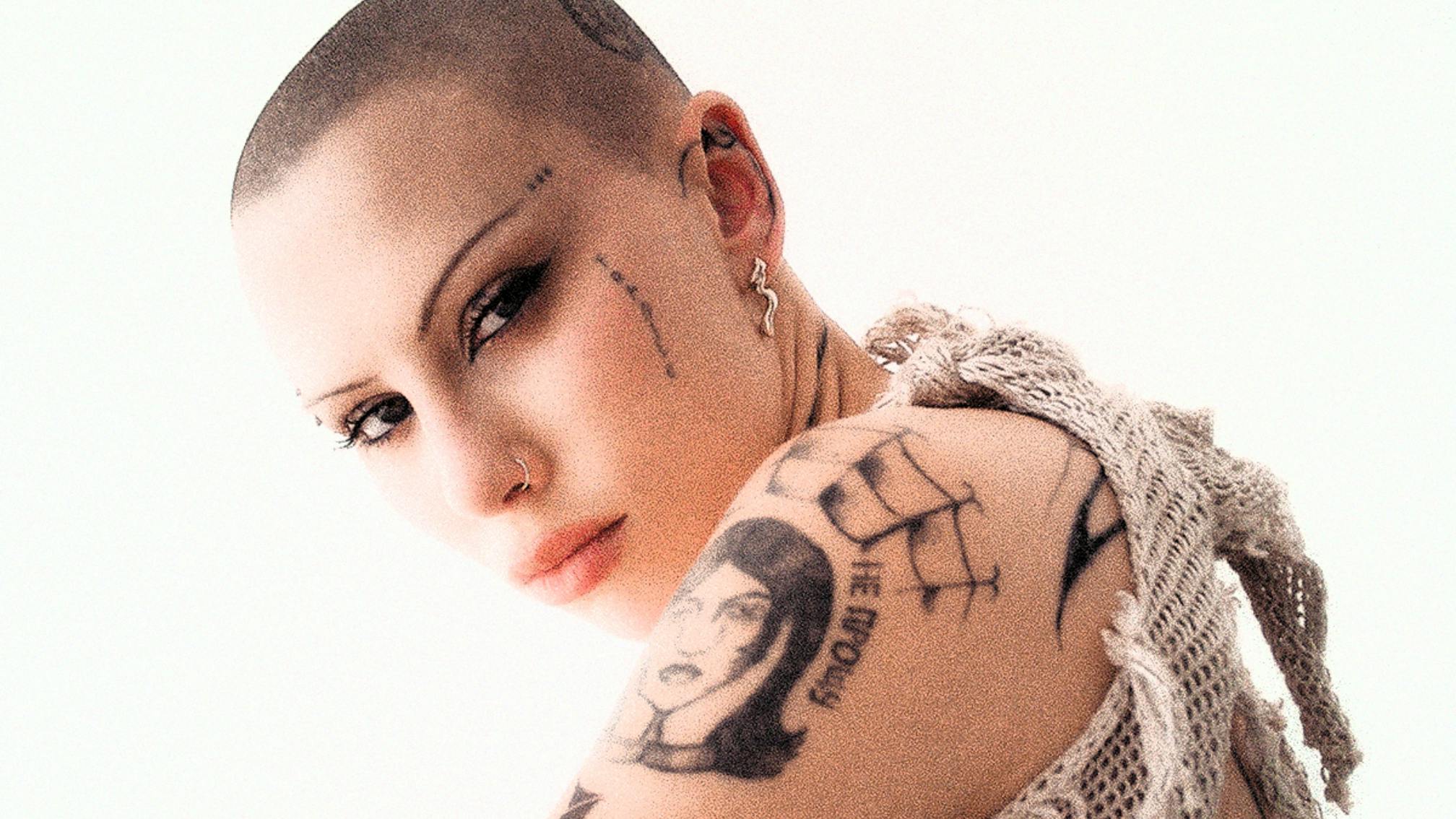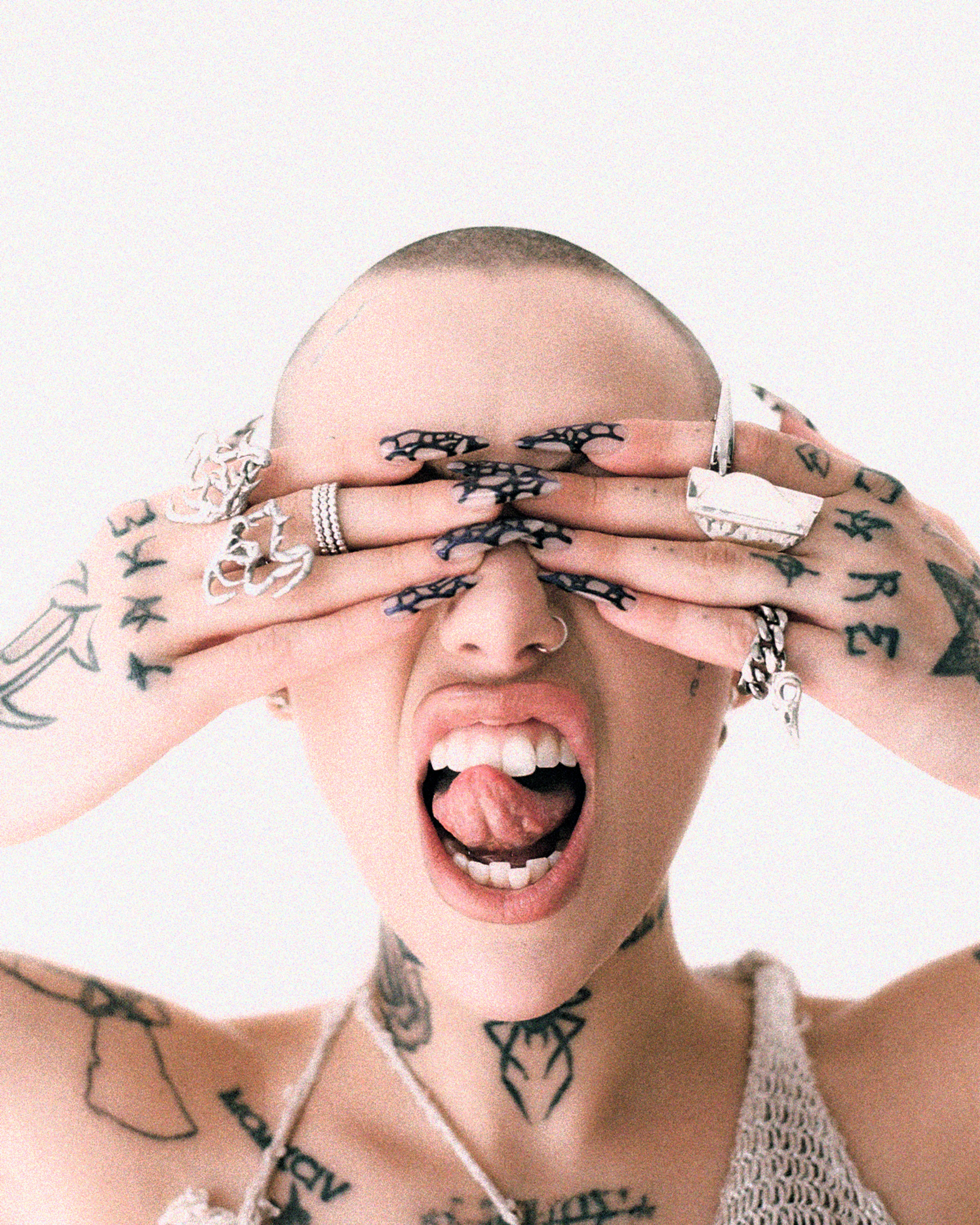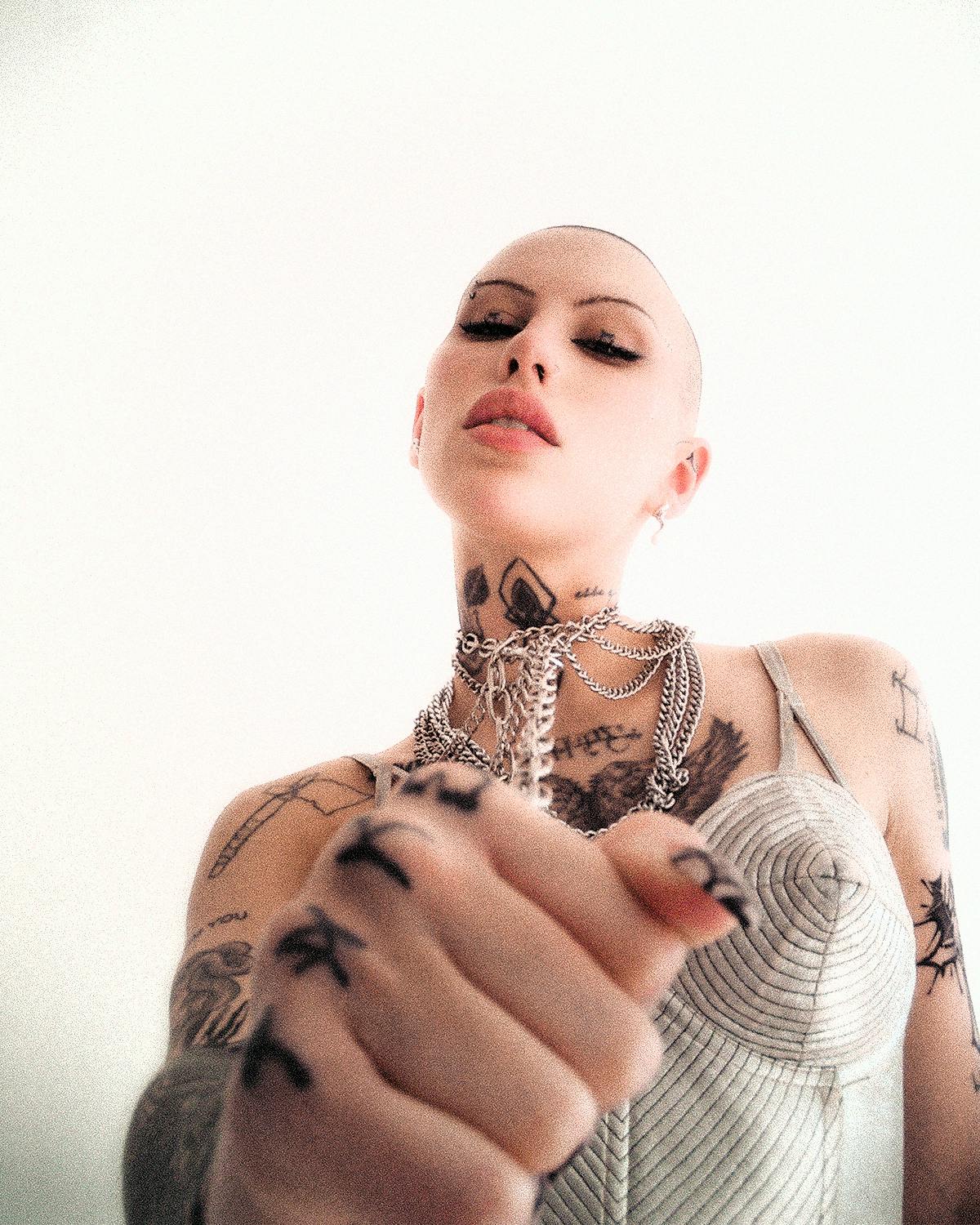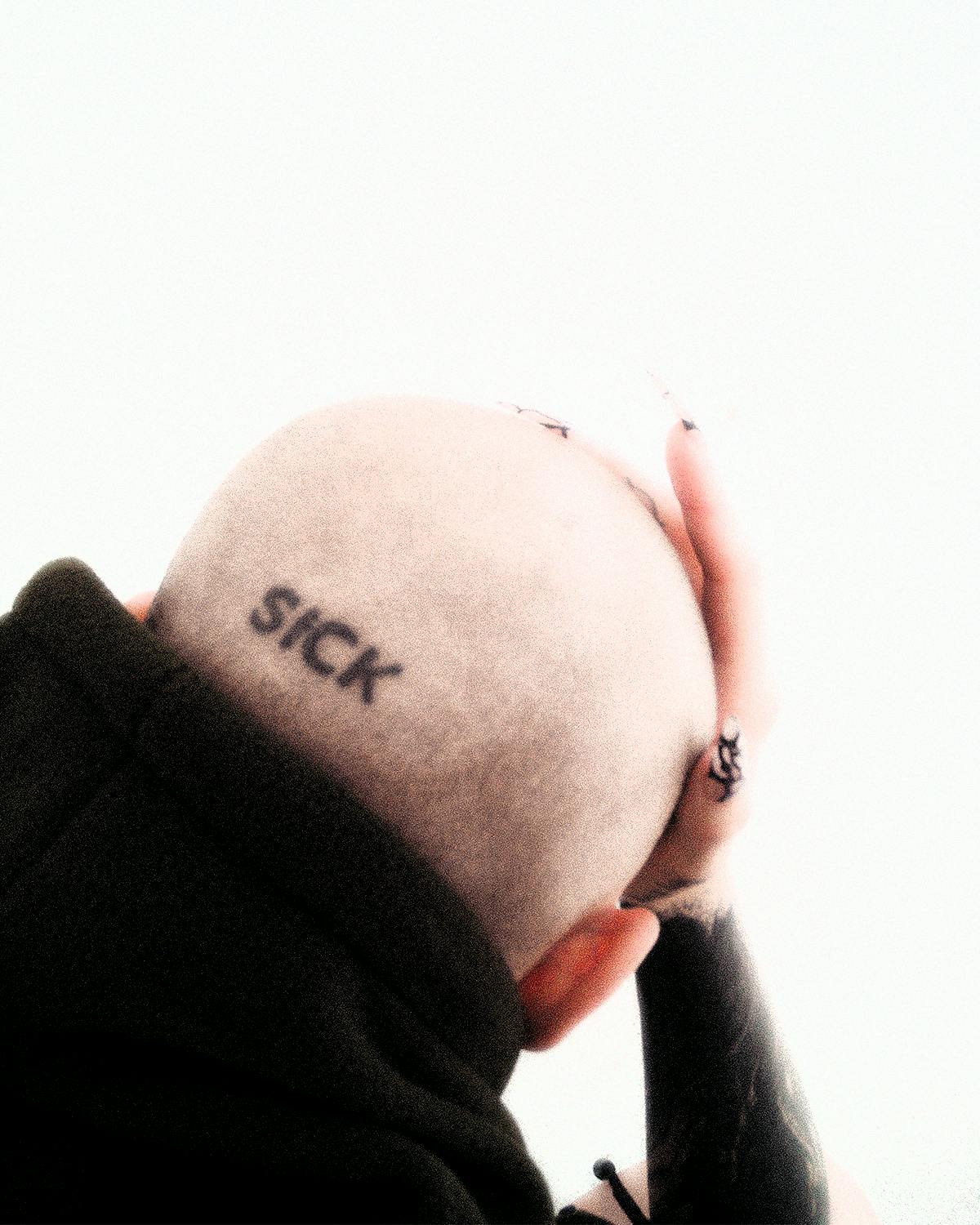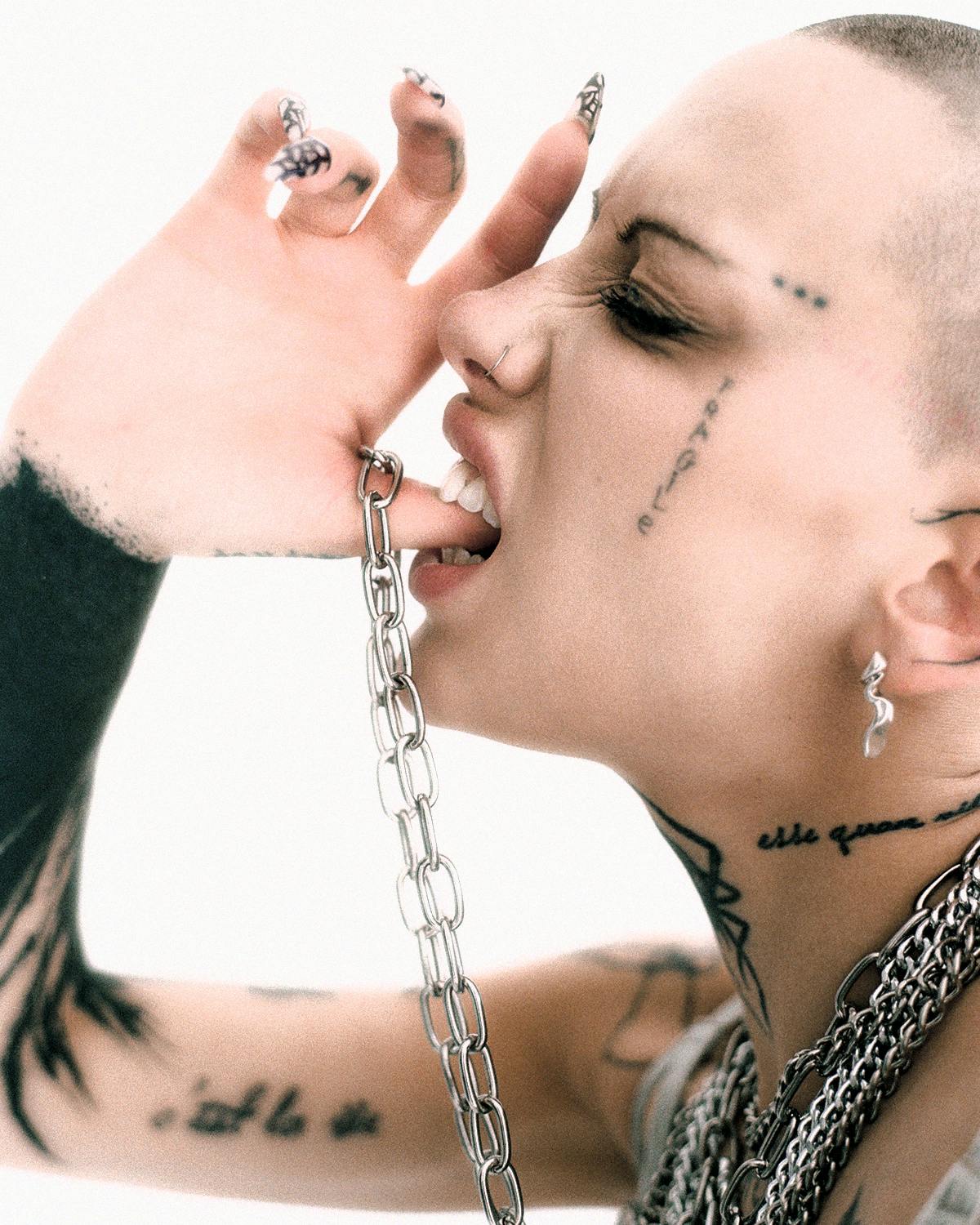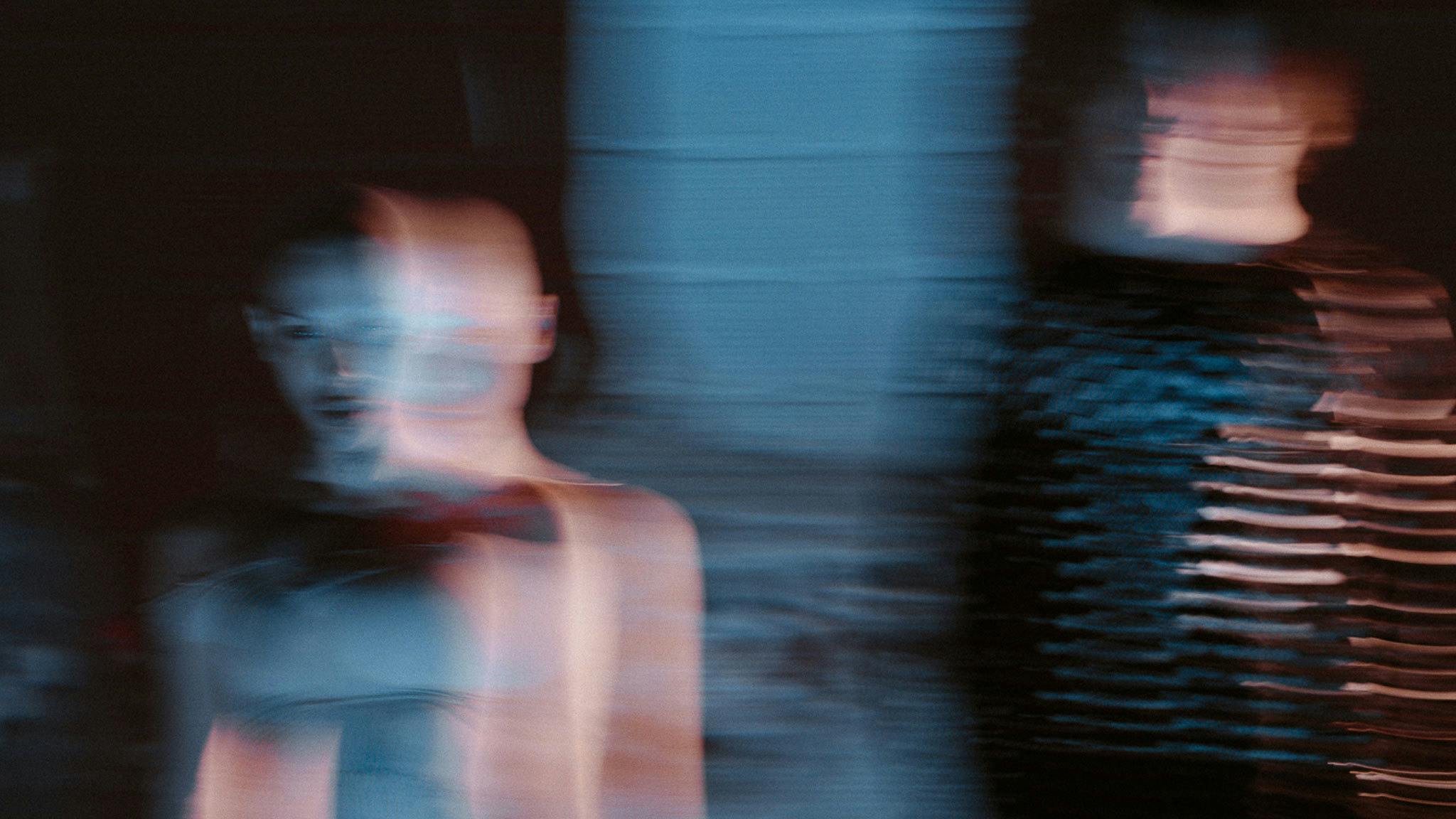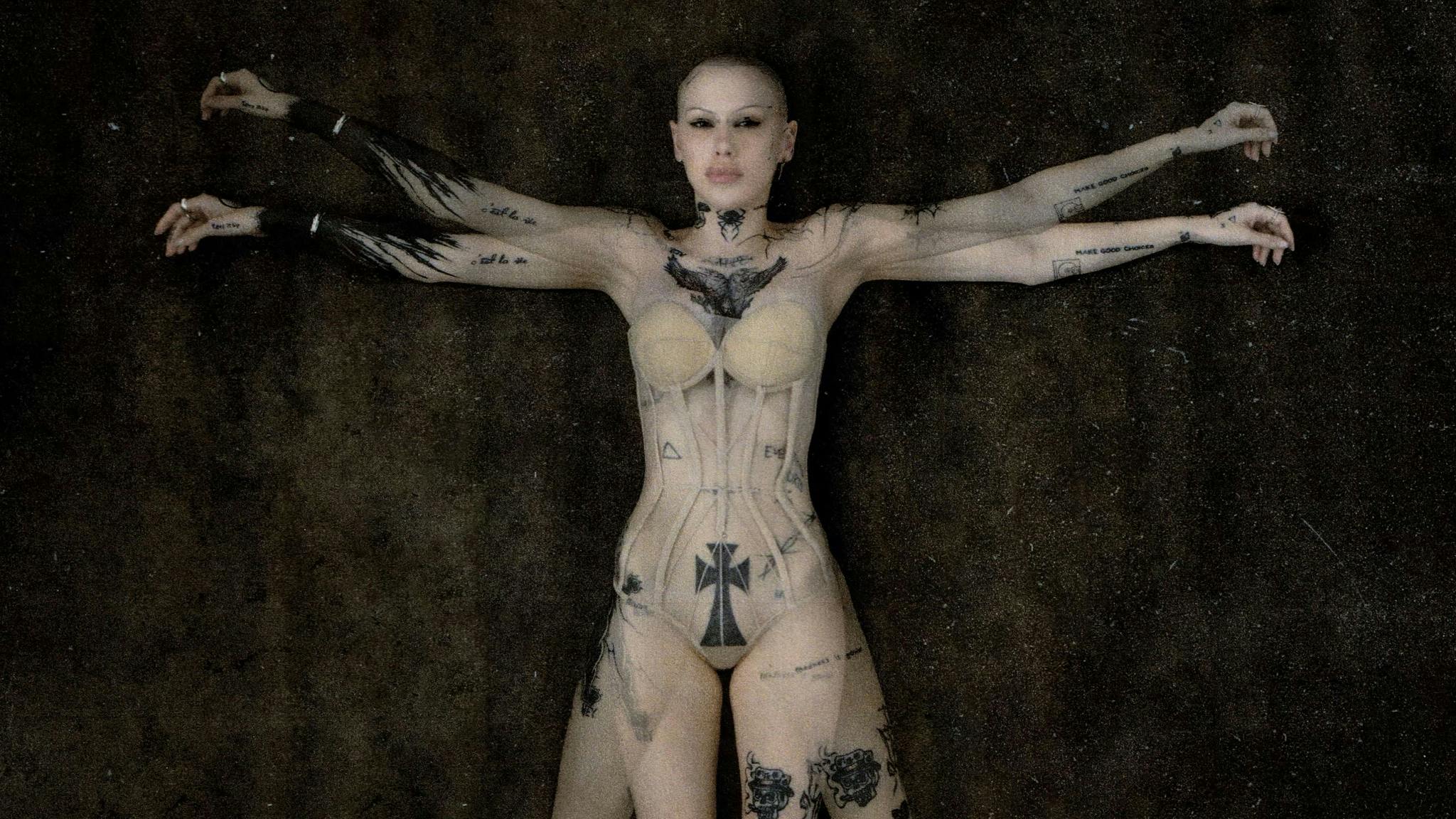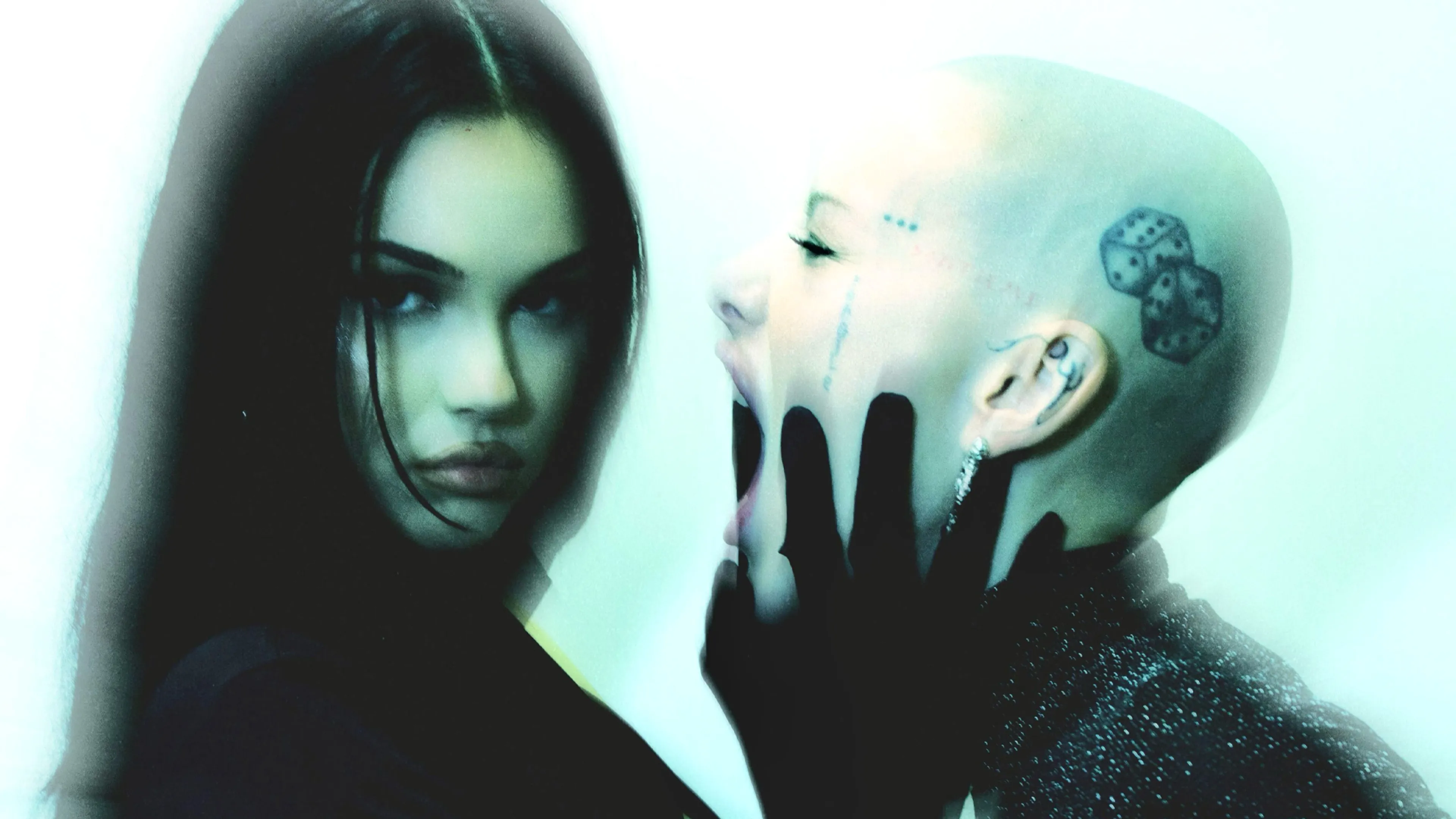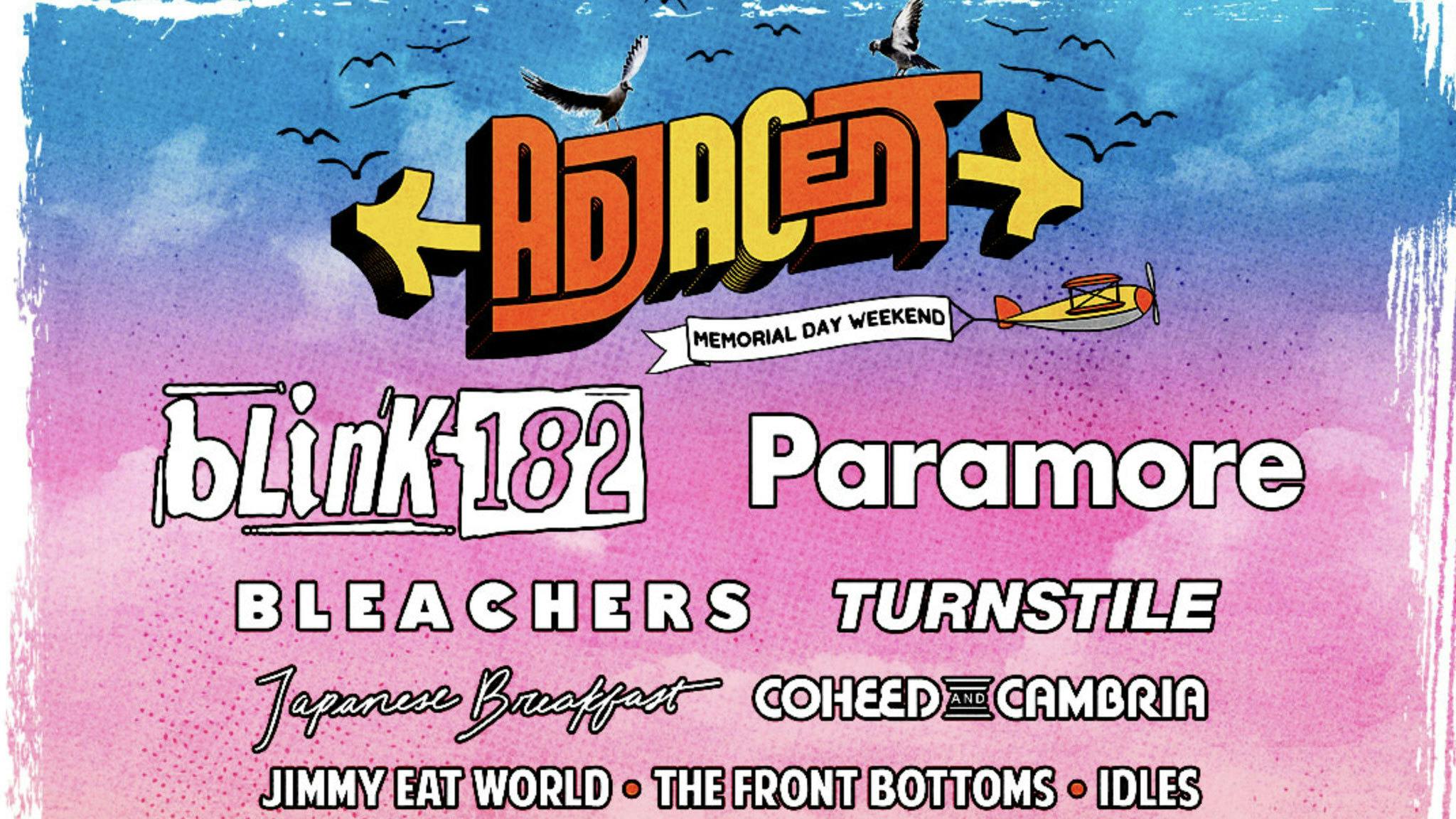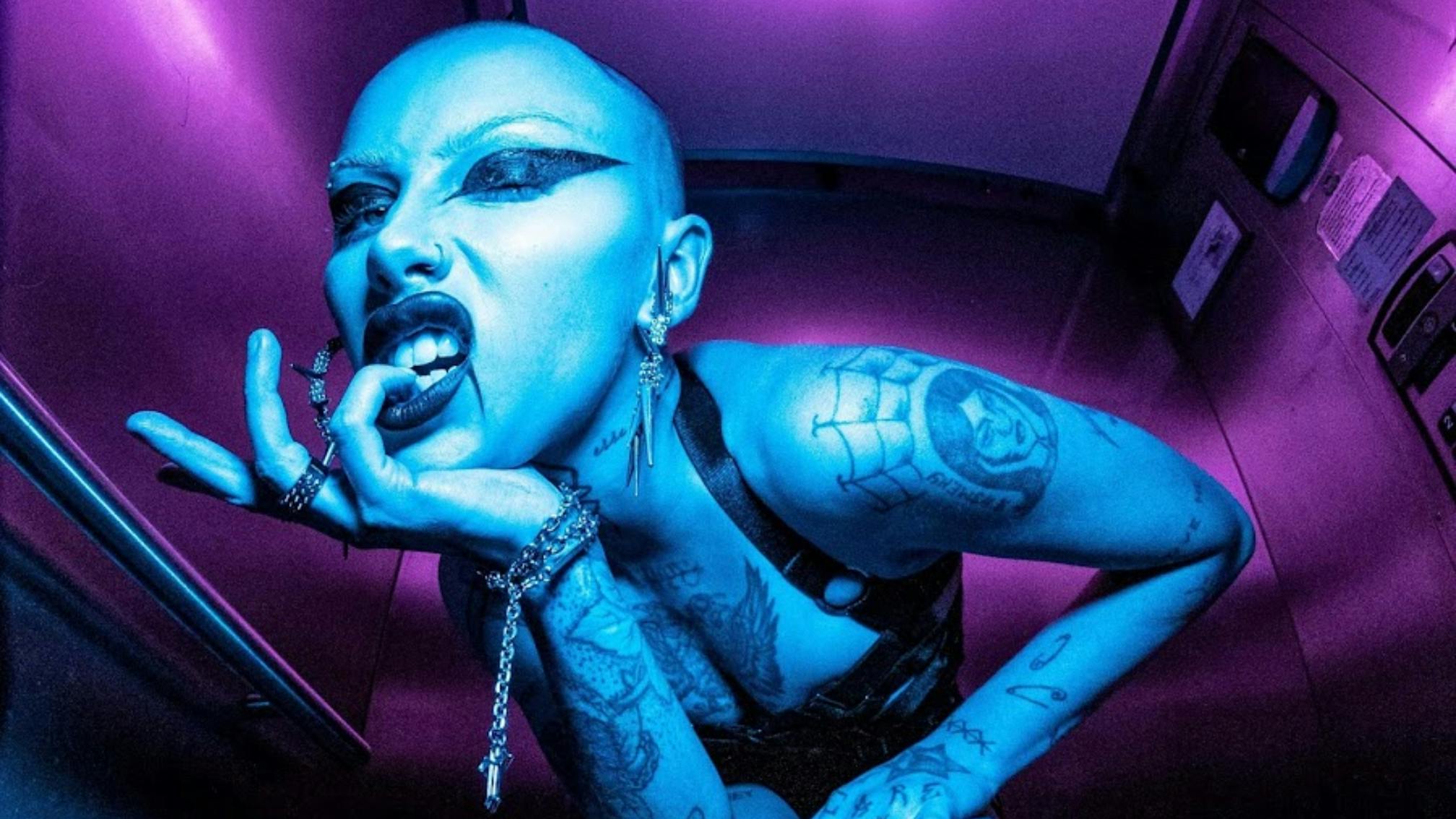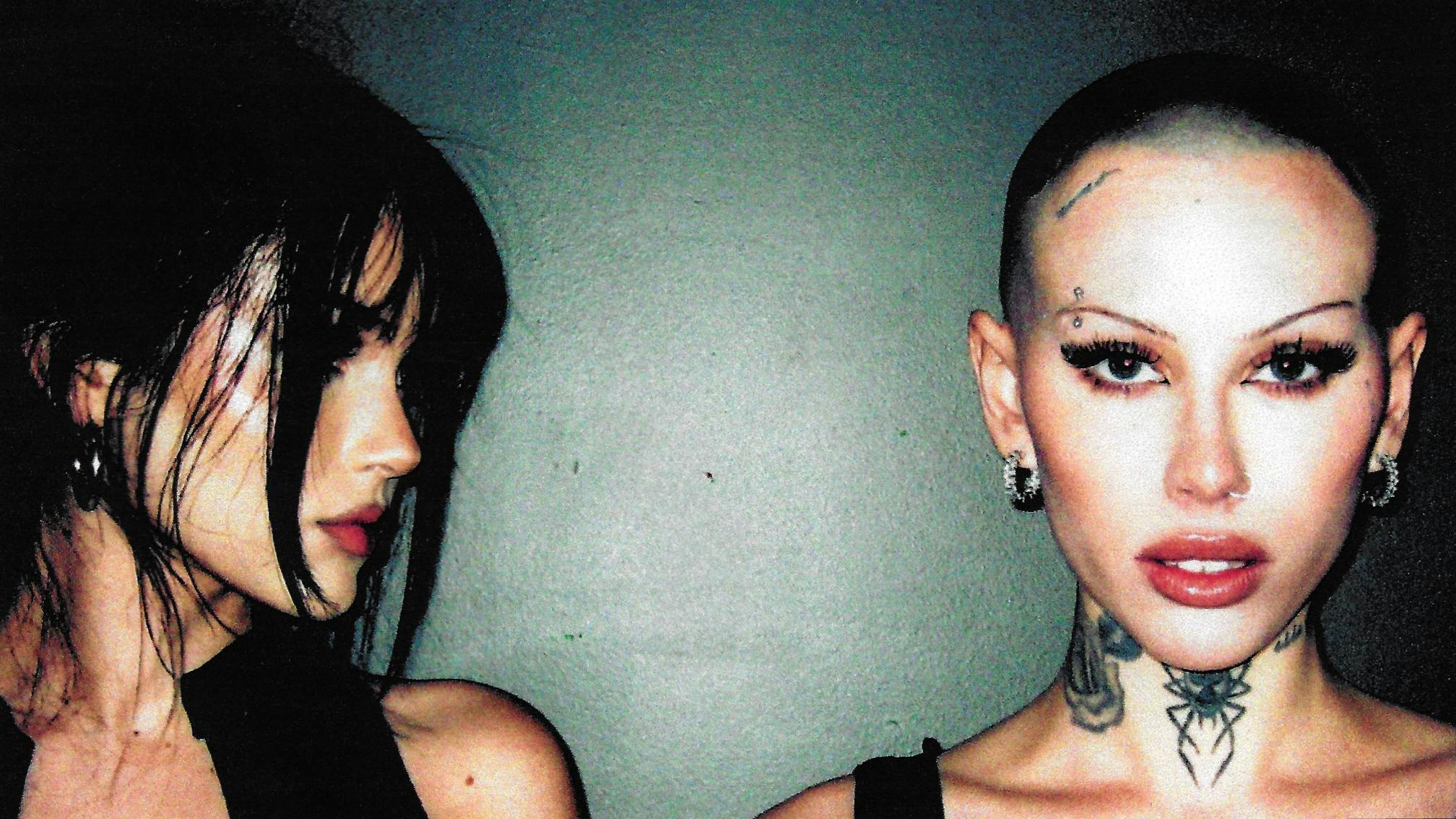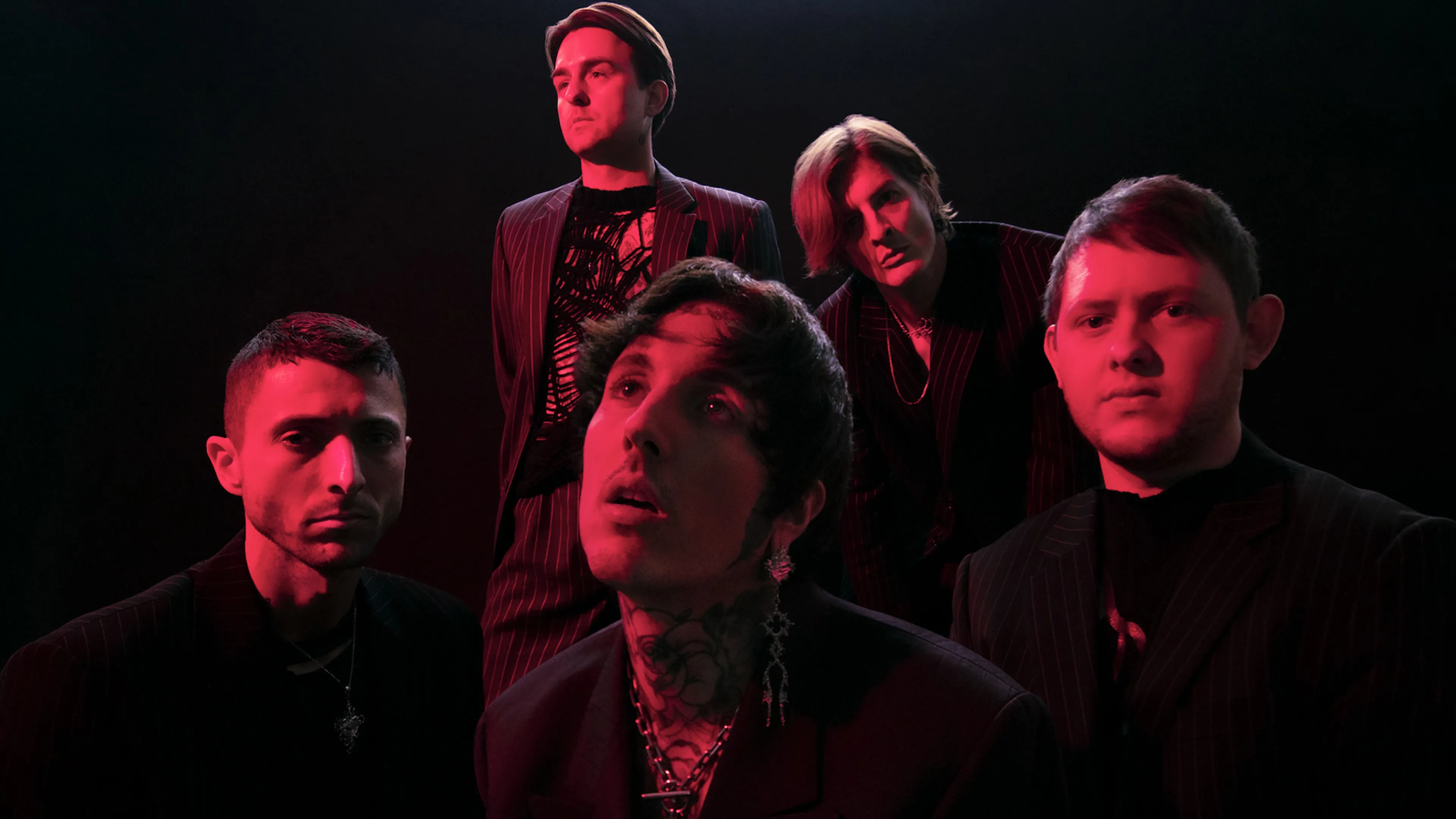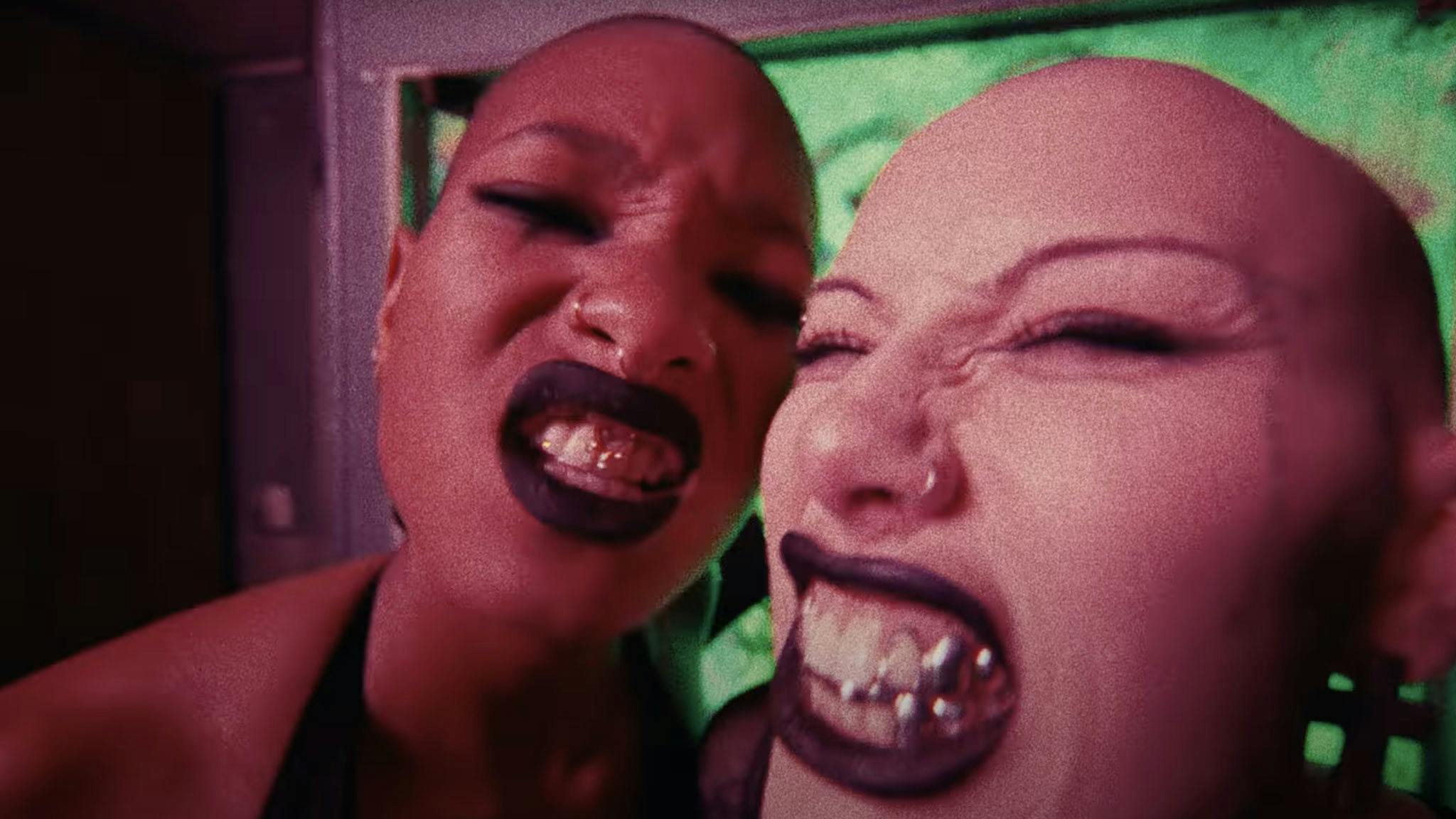“Why would I want to look like everyone else?” Siiickbrain questions with a grin. A new wave pillar of the alt. scene, the genre-defying artist's big break almost didn’t happen. Hailing from North Carolina, Siiickbrain – aka Caroline Miner – longed for something different, however the singer’s paralysing anxiety stopped her dead in her tracks. From a young age, the breakout star has suffered from severe agoraphobia (a fear of crowded spaces and leaving home), which hampered her aspirations. Growing up in a conservative home town, Siiickbrain found herself conforming to what was around her: long highlighted hair, playing golf, and riding horses. It wasn’t until a close friend tragically passed away that she found herself reassessing who she really was. It was that “moment of shock” that pushed her to challenge her fears and pursue the creative career she believed in.
With her new single Jealousy out now, Siiickbrain is here to prove she’s more than an online phenomenon. Garnering the approval of Skrillex, Machine Gun Kelly and WILLOW, she is undoubtedly one to watch. In the first instalment of our new Who The Hell? series, we caught up with Siiickbrain to hear more about her crash course journey into the industry.
Siiickbrain is a pretty distinctive name. How did you come up with it?
“Siiickbrain started as my Instagram handle. I didn't think of it as an artist name at the time. I have been diagnosed with mental [health] problems. I'm wired a little bit differently. I wanted to embrace that. Being unique is cool and has the double meaning of sick. It's cool and being a little bit unwell is okay – that's where Siiickbrain came from.”
You’ve been releasing music since 2020. What kickstarted that passion?
“I got into music because I've always wanted to. My family didn't pursue music as a career, but everyone has some sort of musical talent. I've always been super inspired and I've grown up listening to so many different types of music. Growing up, I had a lot of anxiety and I wanted to be under the radar because of that and my agoraphobia and mental health. I wanted to do music, but I was really afraid. Fast-forward to 2020, my best friend passed away and I realised that life is really fragile. It was a moment where I was like, ‘Okay, this is what I'm gonna do.’”
You’ve written extensively about your struggles with mental health. Does music help you tap into that self-expression?
“It definitely made me want to speak on it within my music, and it kind of gave me a foundation for what I'm doing. I write all my own music [and] lyrics. It's very personal to me. It gave me a purpose to write about certain things and bring awareness to how common these feelings are. If I can write a song that one person can relate to, then that makes me feel like my purpose is bigger than just making music. I don't want people to feel alone because I felt that for so long.”
